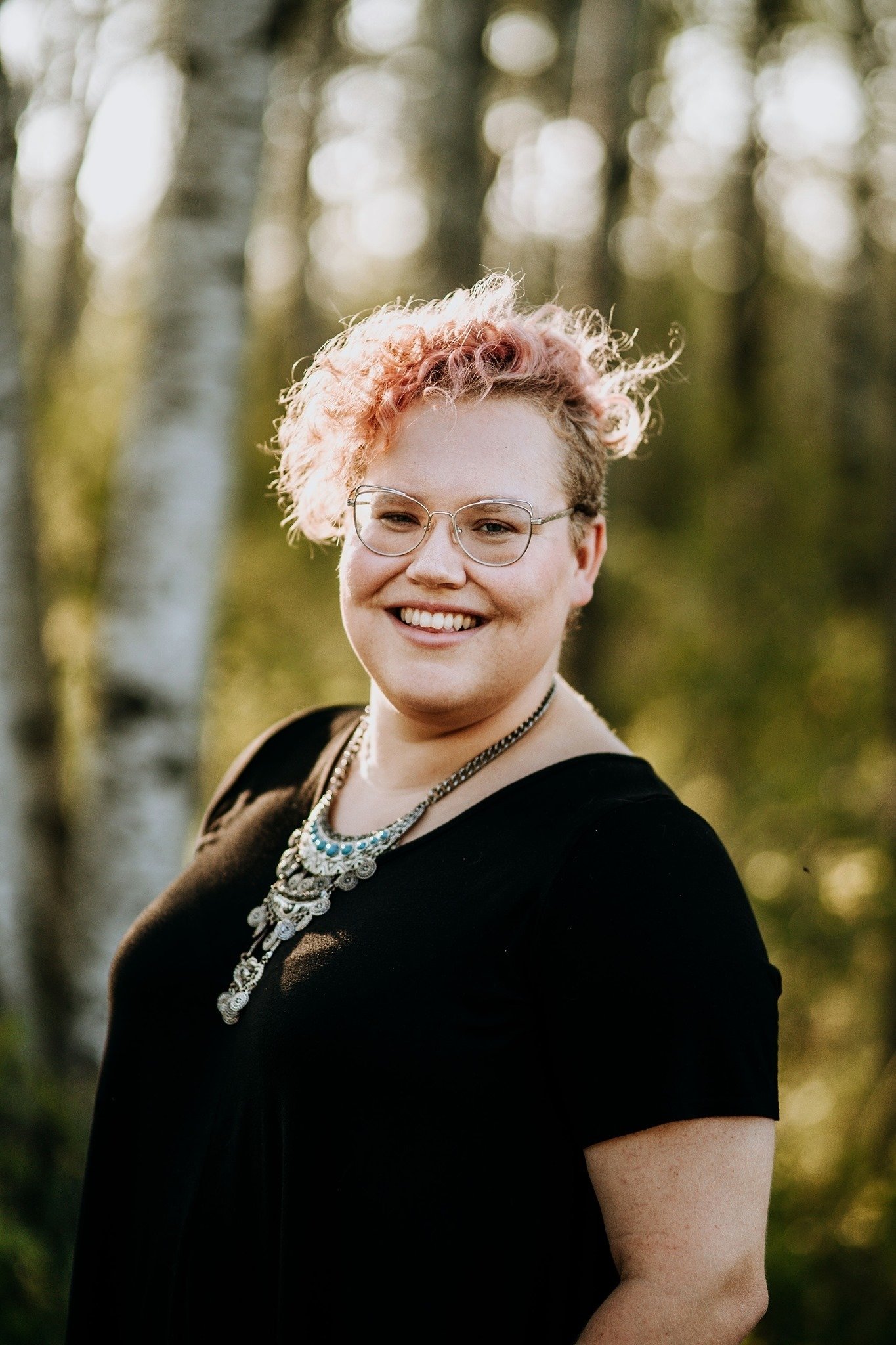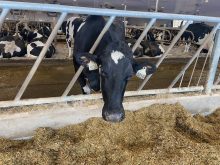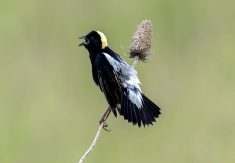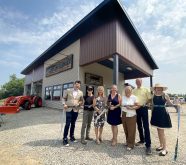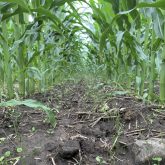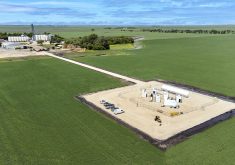Glacier FarmMedia – A “durable” net zero farming system may be unattainable without a broad re-think of the sector, and that will require broad social buy-in, says an Agriculture and Agri-Food Canada researcher.
“This is a much bigger question than simply developing practices and encouraging adoption,” says Henry Janzen. “This involves the rest of us.”
Why it matters: An AAFC researcher believes farmers should not bear the responsibility of achieving net zero by 2050 because many factors are out of their control and influenced by society.
Read Also
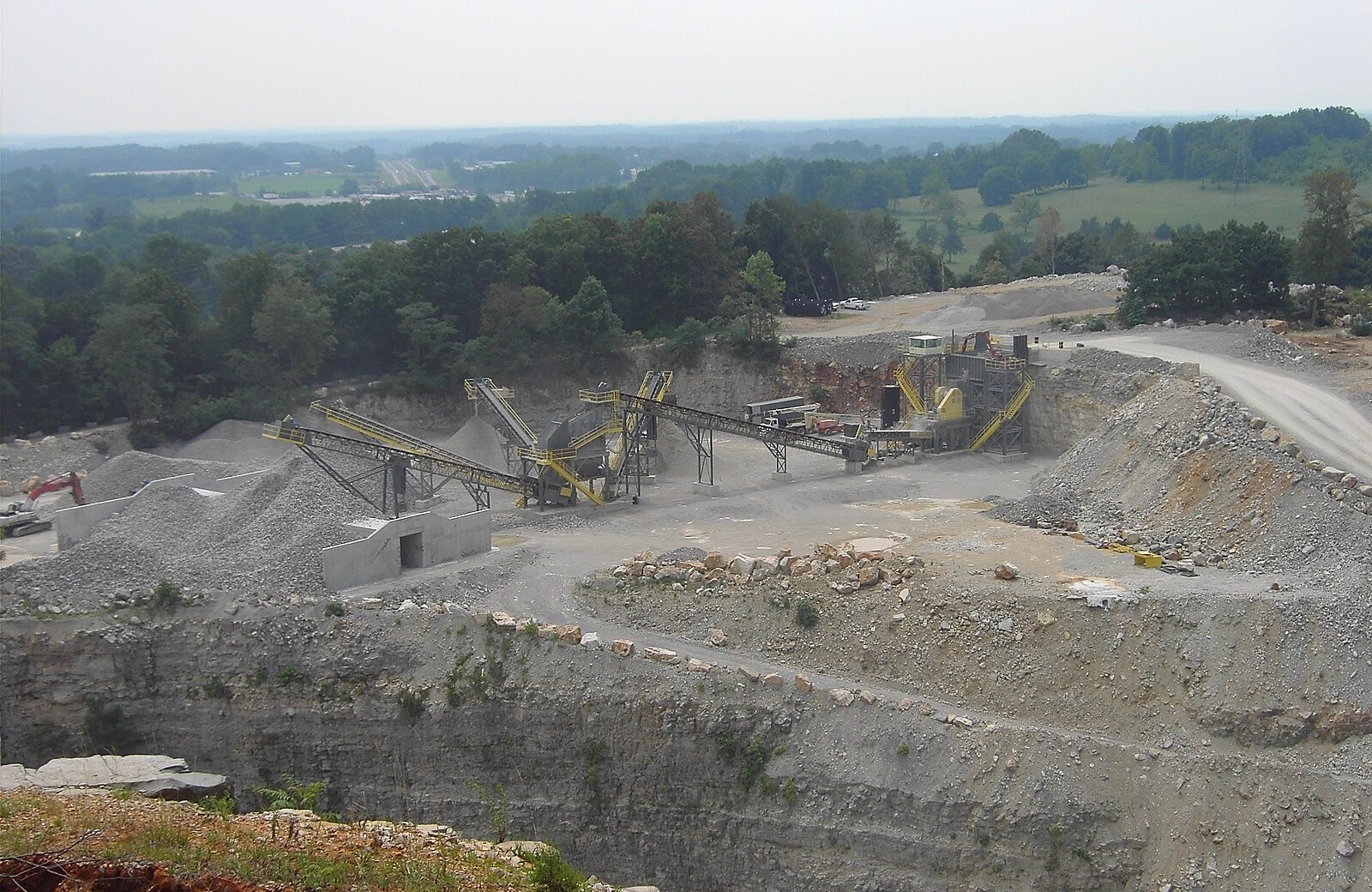
Melancthon faces a new quarry fight over water, environment and farmland risks
A proposed Strada blast quarry in Melancthon, Ont., sparks regional debate over water protection, farmland sustainability, and Ontario’s aggregate policy.
Janzen, a soil biochemist and honorary research associate with Agriculture and Agri-Food Canada at Lethbridge, Alta., spoke during the University of Manitoba’s Sustainability of Canadian Agriculture 2023 conference.
On a scale of one to 10 on difficulty, Janzen told the online audience, net zero agriculture by 2050 would be at the high end of the scale.
“I cannot envision a way. I cannot see a way that we can arrive at a durable net zero system by the year 2050,” he said, at least not while providing the same amount of food and other benefits Canadians are used to.
In an interview he added, “just because I don’t see a way doesn’t mean there isn’t one.”
Farming is deliberately extractive, Janzen said. It generates and exports as much carbon and nutrients as possible, in the form of food.
“That is the whole point of farming.”
If that system is to be sustained in perpetuity, the carbon and nutrients must be replaced.
There will always be methane and nitrous oxide emissions, Janzen said. Offsetting them will require perpetual carbon sinks.
However, sinks are finite. Carbon gain is induced by a change in practice, not continuation of that practice. They may also be temporary, he added. Trees burn. Soil carbon gains can be reversed by mismanagement.
Janzen suggested eight steps needed to approach a “durable” or enduring net-zero farming system. These involve addressing the nitrogen “enigma.”
Globally, farming is dependent on nitrogen inputs, but a lot of this nitrogen is unaccounted for, Janzen said. It’s not used by the crop but vanishes into the system.
A way of reliably measuring progress must be developed, he said. Viable perennial crops must be developed or mimicked through practices like cover crops.
Janzen focused on the need for a complete re-think of the farming system, like a move toward stewardship of an entire landscape and not just productive fields; and restoring large areas to near-natural environments.
“This is going to have to go beyond just sort of minor tweaks and minor adjustments, individual little management rearrangement,” Janzen told Glacier FarmMedia.
This responsibility shouldn’t fall on farmers alone, he said. Farming practices are largely influenced by off-farm decisions. Farmers make changes based on economic signals like the prices of crops or inputs. Those are determined by society, not farmers.
Society benefits from food production and from wise stewardship of land, he said. The task of farmers, researchers, media, policy makers and advisors is to remind society that farmers look after one of their most valuable assets: land.
Janzen said society needs to re-think what it wants farmlands to look like, and then ask how to move in that direction. Then it should ask what obstacles farmers face. Economics, resources and time demands all factor into farming practices.
Janzen emphasized that despite not seeing a way to reach net zero, he’s excited for where this type of conversation could lead.
– This article was originally published at the Manitoba Co-operator.



